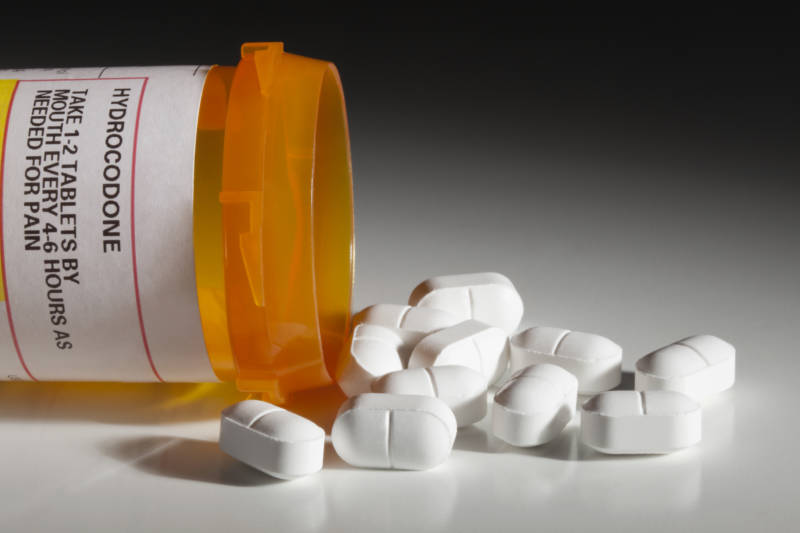The chance that you’ll get hooked on painkillers after surgery is low — only about five in a thousand people do, according to a new Stanford study. But researchers found that the type of surgery can make a difference.
“The surgeries that were at high risk were knee replacements, breast surgeries, hip replacements and open gallbladder surgeries.” says Dr. Eric Sun, anesthesiologist and lead author on the study, published Monday in the journal JAMA Internal Medicine. He says these procedures, which can involve particularly painful post-operative recovery, were about twice as likely to lead to chronic opioid use.
The researchers also noted that males, the elderly and people taking Valium or antidepressants before surgery were also more likely to progress to chronic opioid use.
Defining ‘Chronic Use’
Scientists reviewed nearly 642,000 health insurance claims filed between 2001 and 2013 for 11 common types of surgery. The authors tracked whether procedures led to chronic opioid use, defined as 10 or more prescriptions or receiving more than a 120-day supply of an opioid like fentanyl or oxycodone in the first year after a surgical procedure, excluding the first three months after surgery.
